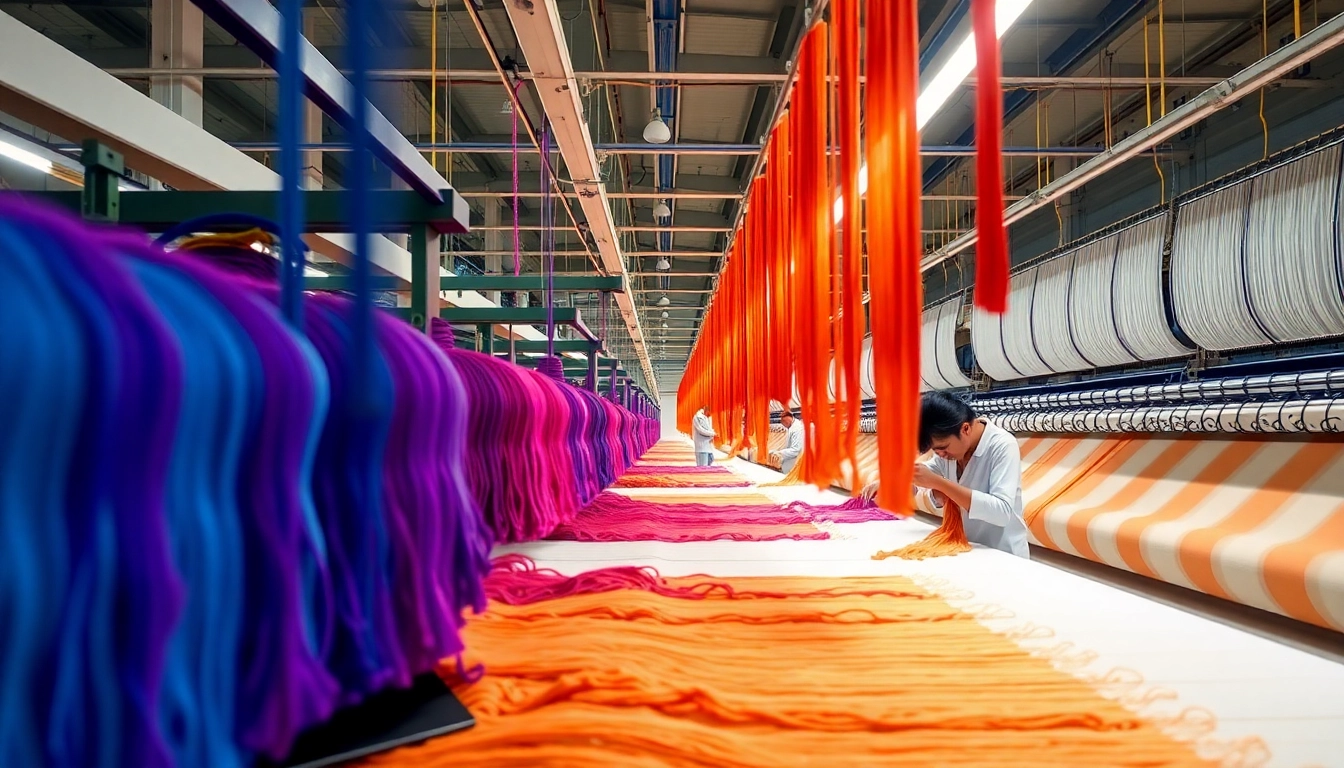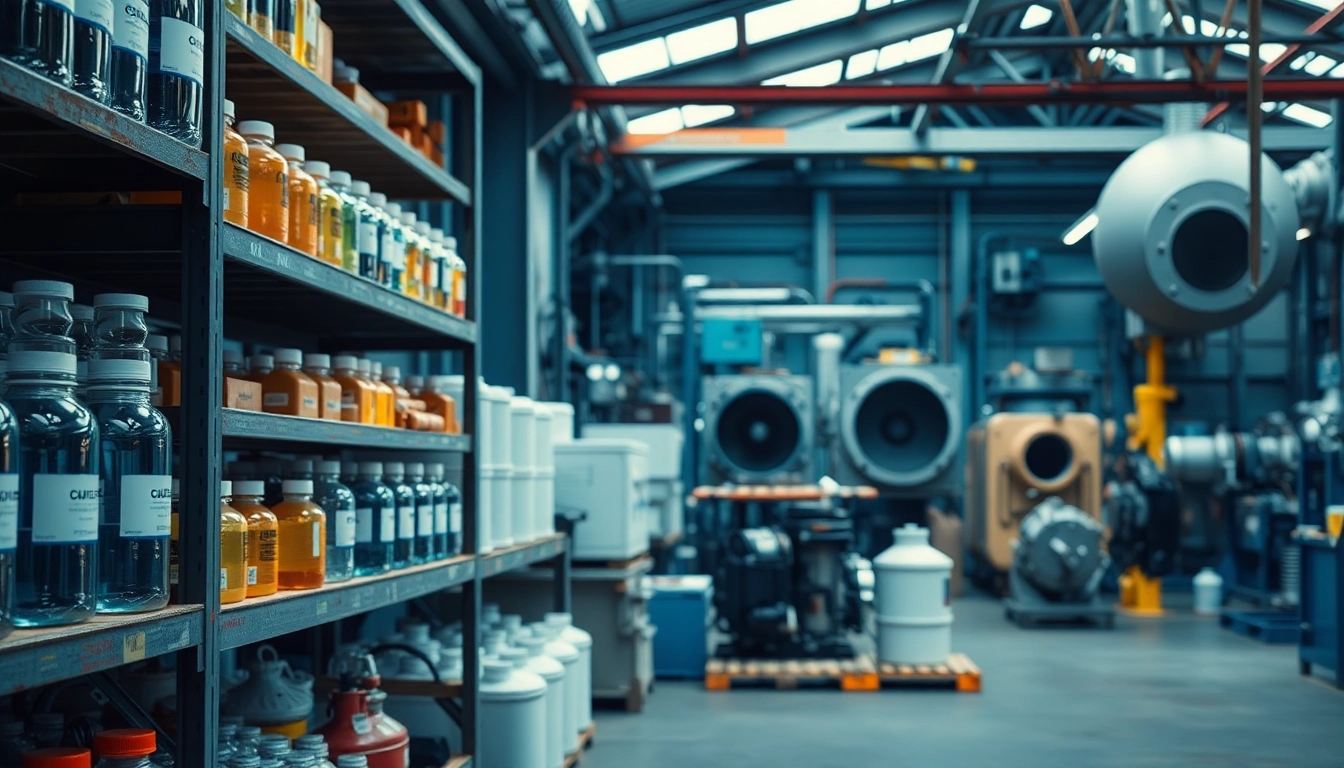Introduction to Towel Manufacturing in Pakistan
Pakistan has emerged as a significant player in the global textile industry, particularly in the production of high-quality towels. With its vast raw material resources, skilled labor force, and evolving technological capabilities, the country has positioned itself as an attractive hub for towel manufacturing and export. As international demand for durable, soft, and affordable towels continues to grow, understanding the intricacies of the towel manufacturing process in Pakistan becomes essential for industry stakeholders, investors, and exporters aiming to maintain competitive advantage.
towel manufacturing process in Pakistan encompasses several well-established stages, from raw material procurement to finished product quality assurance, aligning with global standards. This comprehensive overview explores the entire spectrum of towel production, shedding light on the technological advances, industry trends, and operational challenges that define Pakistan’s resilient and innovative textile sector.
Raw Material Selection and Preparation
2.1 Types of Raw Cotton Used
The foundation of any high-quality towel lies in the selection of raw materials. Pakistan’s towel industry predominantly relies on Egyptian, American, and local cotton varieties, each chosen for specific attributes such as fiber length, tensile strength, and absorbency. Egyptian cotton, renowned for its extra-long staple fibers, produces exceptionally soft and durable towels, making it highly desirable in luxury markets. Upland and local cotton varieties, while more economical, are favored for mass production due to their availability and favorable cost-performance ratio.
2.2 Sourcing and Quality Control of Yarns
Sourcing high-grade raw cotton is crucial for ensuring the final product’s quality. Pakistani manufacturers establish long-term partnerships with trusted cotton farmers and suppliers, implementing rigorous quality control protocols—such as fiber testing and moisture content analysis—to maintain consistency. The yarns spun from these cottons are subjected to further testing for strength, smoothness, and dye affinity, ensuring they meet the standards required for high-end towel manufacturing.
2.3 Pre-treatment of Raw Materials
Before spinning into yarns, raw cotton undergoes several pre-treatment steps, including cleaning to remove impurities, carding to align fibers, and blending to achieve desired characteristics. These processes are vital for reducing defects, enhancing yarn uniformity, and optimizing the efficiency of subsequent weaving operations. Advanced pre-treatment machinery in Pakistani mills now emphasizes eco-friendly practices, reducing water and energy consumption while maintaining product quality.
Main Stages of Towel Manufacturing Process in Pakistan
3.1 Dozing and Warping for Precision Yarn Alignment
The manufacturing journey begins with dozing and warping, where yarns are arranged and aligned onto large beams. Warping ensures that yarns are uniformly tensioned, preventing irregularities during weaving. In Pakistan, skilled technicians utilize both traditional shuttle and modern shuttle-less warping machines to enhance precision and speed. Proper warping reduces waste and contributes significantly to the quality and consistency of the final fabric.
3.2 Weaving Techniques: Shuttle Looms vs. Shuttle-less Looms
Weaving is the core stage where the fabric’s texture and strength are established. Pakistani towel manufacturers predominantly use two types of looms:
- Shuttle Looms: These traditional machines are still prevalent, especially for small-batch and customized productions. They are valued for their versatility but are less efficient.
- Shuttle-less Looms: Modern, automated looms offer higher speed, better fabric quality, and reduced manual intervention. They facilitate the production of terry cloth with complex pile structures, vital for high-end towels.
Choosing the appropriate weaving technology depends on order scale, fabric design complexity, and quality requirements.
3.3 Dyeing, Finishing, and Quality Inspection
Post-weaving, fabrics undergo dyeing processes, which can be reactive, pigment, or piece dyeing, depending on desired color durability and fabric type. Pakistan’s dyeing units are equipped with environmentally compliant machinery that ensures vibrant, long-lasting colors while adhering to safety standards.
Finishing involves processes such as shearing, brushing, and anti-pilling treatments, enhancing softness, absorbency, and appearance. Quality inspection plays a critical role here—assessing fabric uniformity, color fastness, and tensile strength—to ensure the towels meet both domestic and international standards.
Advanced Manufacturing Technologies and Quality Assurance
4.1 Automation in Modern Towel Production
Pakistan’s towel industry is increasingly incorporating automation technologies to improve efficiency, reduce labor costs, and maintain consistent product quality. Automated systems such as computer-controlled warping, programmable looms, and robotic finishing machines enable manufacturers to scale operations while limiting human error. These advancements also facilitate rapid customization and shorter lead times, vital for competing in global markets.
4.2 Quality Standards and Certifications
To access premium markets, Pakistani towel manufacturers continuously strive for certifications like ISO 9001, OEKO-TEX Standard 100, and GOTS (Global Organic Textile Standard). These credentials demonstrate compliance with environmental, social, and safety standards, fostering trust among global buyers and end consumers. Rigorous internal quality audits and third-party inspections ensure products consistently meet specified benchmarks.
4.3 Sustainable Practices and Eco-friendly Processes
Sustainability is gaining prominence within Pakistan’s towel manufacturing landscape. Use of eco-friendly dyes, water recycling systems, and renewable energy sources reduces environmental impact. Many units are adopting chemical-free pre-treatment processes and organic cotton, aligning with global sustainability trends, thus appealing to environmentally conscious consumers.
Market Opportunities and Industry Challenges
5.1 Export Strategies and Competitive Advantage
Pakistan’s towel industry benefits from strategic geographic positioning and competitive raw material costs. Exporters focus on participating in international trade shows, developing branded products, and ensuring compliance with overseas quality standards. Building strong logistics networks and establishing regional hubs further enhance market reach. Leveraging government incentives and trade agreements also provides a competitive edge in global markets.
5.2 Addressing Raw Material and Labor Cost Fluctuations
Fluctuations in raw cotton prices and labor wages can impact profitability. To mitigate these risks, manufacturers diversify supply sources, invest in value-added machinery, and enhance labor productivity through training and automation. Strategic stockpiling and long-term supplier contracts also help stabilize costs.
5.4 Future Trends in Towel Manufacturing in Pakistan
The future of towel manufacturing in Pakistan lies in embracing technological innovation, expanding sustainable practices, and diversifying product ranges to include organic and specialty towels. Digital printing, smart textiles, and eco-conscious materials are emerging areas where Pakistani manufacturers can innovate to meet evolving consumer expectations.



